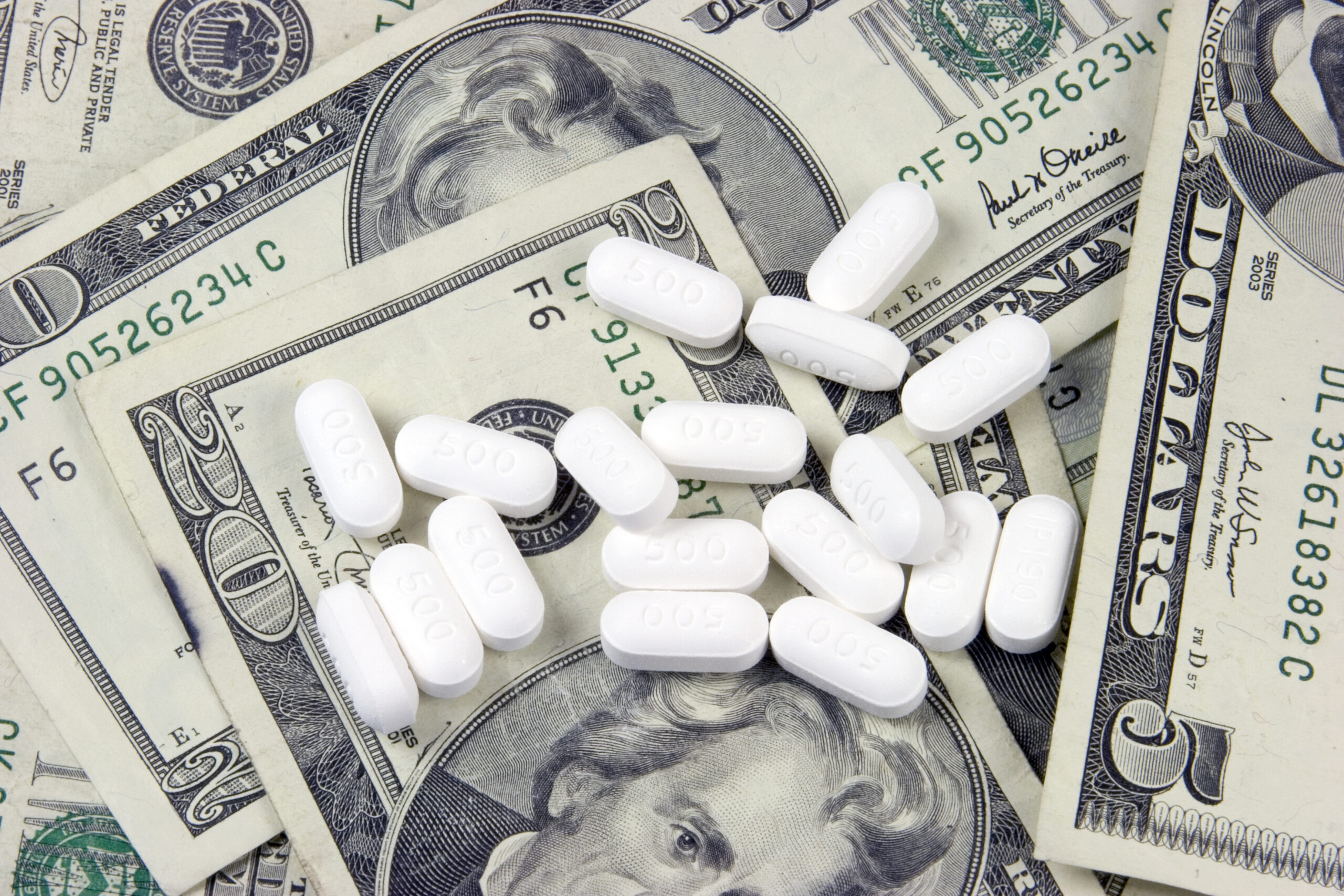© 2025 CSRXP- All Rights Reserved

ICYMI: Business Insider: “Big Pharma’s Big Tax Dodge”
Aug 9, 2023
International Experts Slam Big Pharma’s Egregious Offshoring Scam of U.S. Taxpayers
Last week, Business Insider published an article examining the pharmaceutical industry’s “offshoring” of U.S. profits to avoid paying taxes in the U.S. The article, titled ‘Big Pharma’s Big Tax Dodge,” was written by Brad Setser and Tess Turner, of The Council on Foreign Relations (CFR). The piece examines how Big Pharma has actively pursued a variety of tactics following the passage of the Tax Cuts and Jobs Act of 2017 to move their intellectual property, including patents, and their manufacturing facilities into low-tax jurisdictions overseas to reduce their tax burden in the U.S. while price-gouging American patients.
The impacts of this have been astonishing. In 2022, seven of the largest pharmaceutical companies paid the U.S. government only $2 billion in taxes on $108 billion in profit. This means these companies effectively paid “only about three percent of their global profit to the U.S. Treasury.” The standard U.S. corporate tax rate is 21 percent.
The piece highlights brand name drug manufacturer AbbVie’s strategy around its blockbuster drug Humira. AbbVie “located the right to profit from Humira in its Bermuda subsidiary and manufactured the drug in Puerto Rico, which is considered outside the U.S. for tax purposes.” This meant “all the profit for the drug was technically attributed to the division in no-tax Bermuda.” Setser and Turner write that the 2017 tax law has resulted in “an ‘America last’ tax code,” for many pharmaceutical companies.
The authors highlight the critical role played by taxpayers through the National Institutes of Health (NIH) in the development of many new drugs, meaning the U.S. government and taxpayers helped fund the development of these medications, yet see significantly less than average taxes being paid by the firms marketing and selling these products: “the U.S. gets neither the biopharmaceutical-manufacturing jobs nor the tax revenues from medicines brought to market by U.S. companies.”
The piece follows a May hearing from the U.S. Senate Finance Committee which also examined the pharmaceutical industry’s tax practices following the passage of the 2017 tax law. A report released ahead of the hearing by Chairman of the Committee, Senator Ron Wyden (D-OR), detailed many of the findings emphasized in the Business Insider article.
As a summary of the report highlights, Big Pharma has been able to reduce their tax burden by 40 percent since the 2017 tax law went into effect, by taking advantage of a loophole and moving taxable profits to overseas entities. From 2014 to 2016, Big Pharma paid on average 19.6 percent in taxes. In 2019 and 2020, that rate was reduced to an average of 11.6 percent.
The report summary also highlights that, “In 2021, the effective tax rate of every single one of the seven largest pharmaceutical corporations in the United States was lower than 15 percent, and substantially lower than the statutory corporate tax rate of 21 percent.”
According to the report, on average, while 80 percent of Big Pharma’s profits come from the U.S. market, almost 75 percent of the industry’s profits are reported overseas.
Read the Business Insider article “Big Pharma’s Big Tax Dodge,” HERE.
Read the full report released by Senate Finance Committee Chairman Ron Wyden on Taxation on Pharmaceutical Manufacturers and U.S. International Tax Policy HERE.
Read about how Big Pharma used a windfall from the Tax Cuts and Jobs Act of 2017 to line shareholders’ pockets, rather than invest in research and development (R&D) HERE.
Read more on market-based solutions to hold Big Pharma accountable and lower prescription drug prices HERE.
